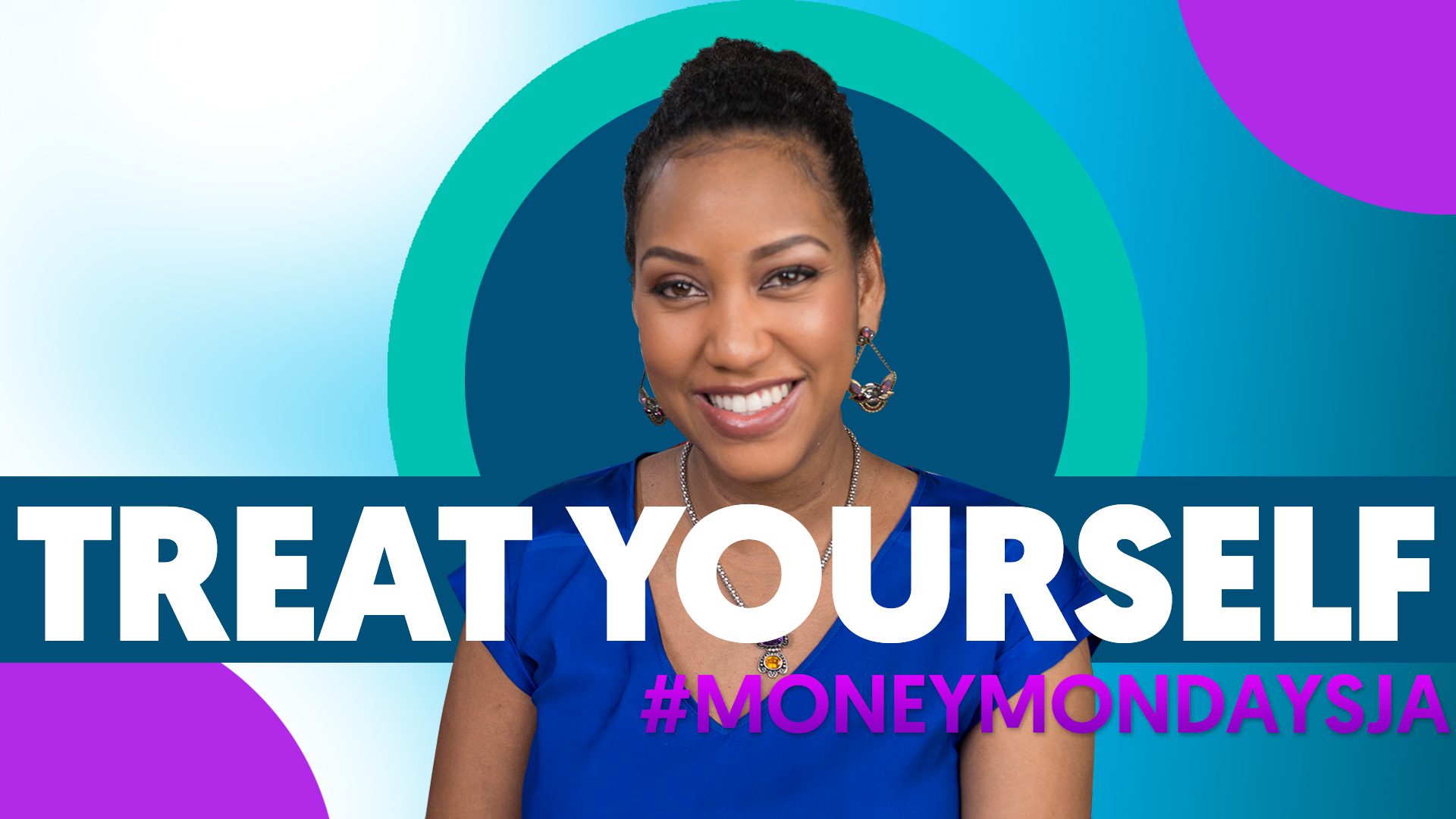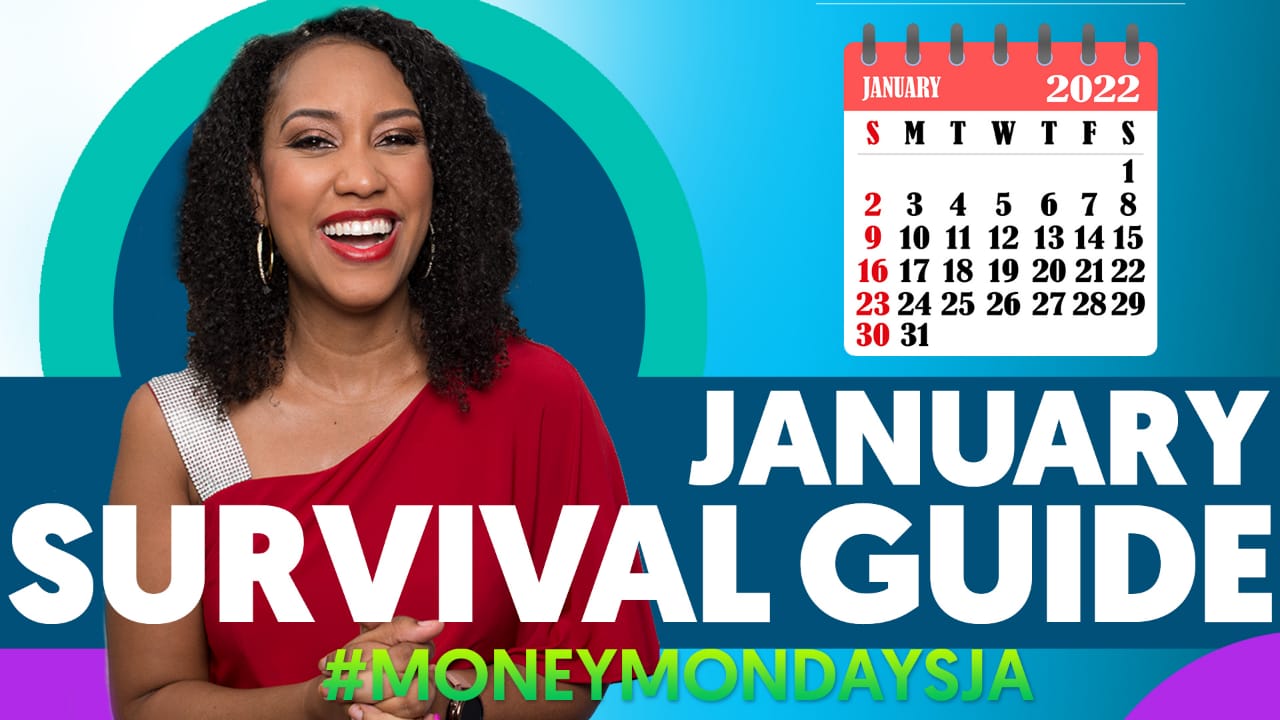Will and Estate Planning
What happens to the things you own and the people you love, when something happens to you? Well if you don’t have a plan in place, who knows? Any card can play, which is why it is important that you have a will and estate plan, so that you can leave the things you value and the people you love in the right care.
One of the most significant factors in estate planning is a will. I’m sure most of you are familiar with this term. We hear it all the time, especially in movies when the rich auntie leaves behind houses and property for different members of the family. But wills are not just for wealth transfers. It is a legal document that sets forth your wishes regarding the distribution of your property and the care of any minor children. It can make provisions to transfer your property, regardless of how small it may be, when you die, or to manage your assets if you become incapable of handling your own affairs. If something happens to you without a will, your wishes may not be carried out. What’s worse, your heirs may be forced to spend additional time, money, and emotional energy to settle your affairs after you’re gone. And who wants that? Right?
So how do you plan a will? I’ll break it down for you in 5 easy steps.
- Identify yourself as a testator. A testator is simply the person making the will. You should be over 18 years of age and writing the will without any undue influence. Your will must state that it is your last will, and that it should revoke all previous wills that were executed before.
- You need to appoint an executor. The executor is the person or institution responsible for distributing your assets upon death according to the instructions you have outlined. When you’re selecting this person, ensure that you choose someone who is honest and responsible since they will be the only one with the authority to execute the terms of your will.
- Ensure that your assets are accurately divided . Who are the benefactors of your will? Are they each receiving an accurate percentage of your financial assets? Are you paying your executor as well? What amount are you giving him or her? An important tip…name an alternative executor in the event that something happens to your first choice.
- Validate your will. This means signing it in the presence of two witnesses who are non-beneficiaries of your estate. Those witnesses will also be required to put their signatures on the will in your presence.
- Lastly, Review and Save. After the will is validated, ensure that the names of everyone on it are legible, dates are accurate, and that everything is properly distributed. Double check for errors since a careless error could easily invalidate your will.
What’s the cost of this?
You will need to factor in attorney’s fees and executor or administrator’s fees. The executor or administrator’s fee is 6% of all monies that pass through his/her hands during the execution of the estate. So if you’re transferring a total of US$3000, you would need to pay the executor US$180. When a person passes, his/ her assets may also be subject to certain estate taxes. These include transfer tax and stamp duty. Transfer tax, for example, is 1.5% of the market value of the real estate and shares as at the date of death.
However, if you establish joint ownership of your assets, those assets automatically pass on to the surviving joint owner without the need for a formal transfer if something happens to you. So if you have made up your mind about who you’d like assets such as property, or stocks to go to if something happens to you, you should consider joint ownership of them.
Life Insurance
Obtaining life insurance is also a highly recommended step. Life insurance can save your loved ones from expense and even ensure that they are taken care of if something happens to you. The proceeds from such insurance policies will be paid directly to the named beneficiary upon death, and like joint ownership there is no need for a formal ‘transfer’.
Click here for more information on the living benefits of life insurance.
Will and estate planning can protect beneficiaries, it can protect young children, it can spare your heirs from taxes, and it can prevent family messes. The bottom line is, if you want your assets and your loved ones protected when you can no longer do it, you should look into getting a will and estate plan.
Categories: MoneyMondaysJA
Audio Only
More #MoneyMondaysJA Episodes






Leave A Comment